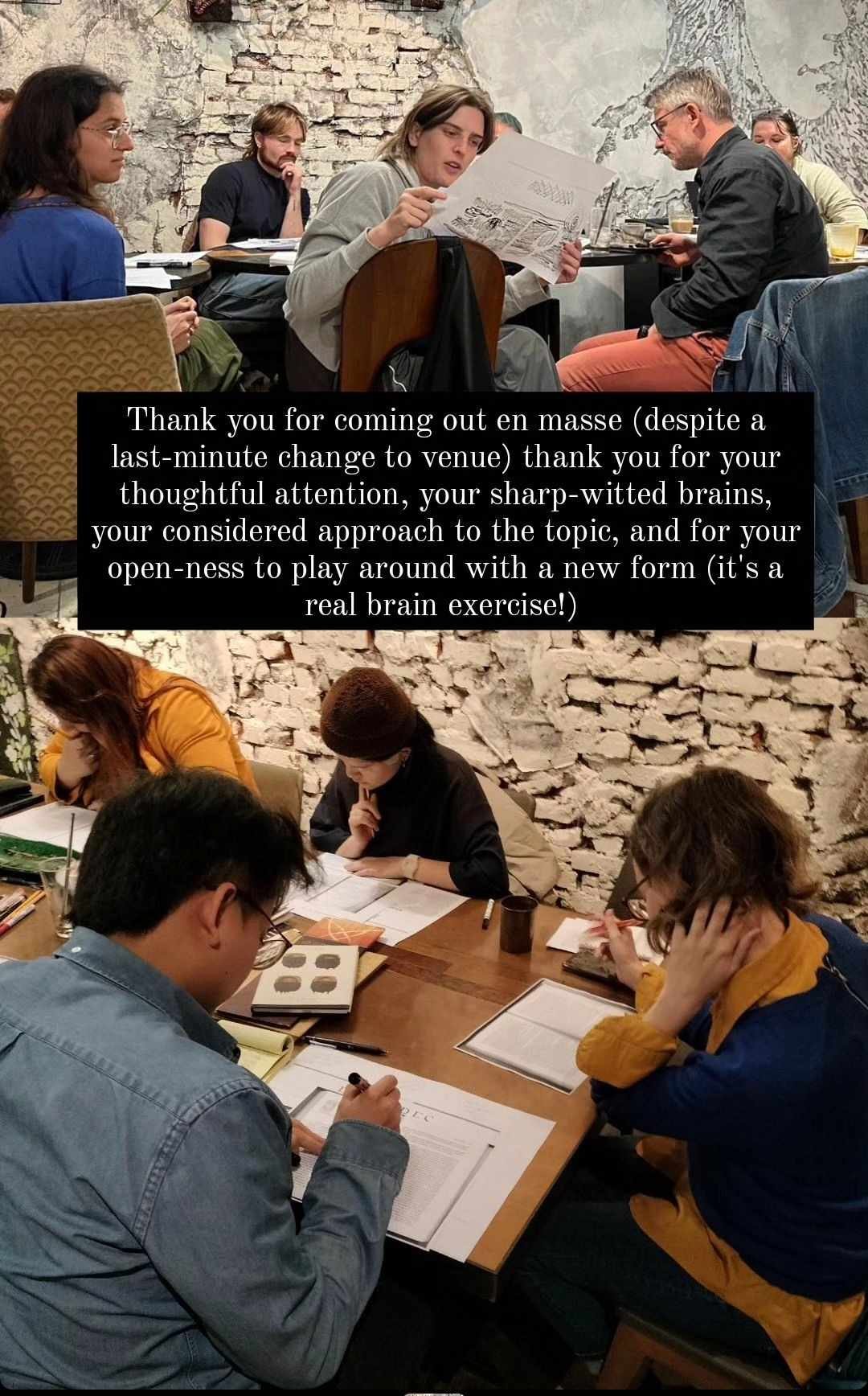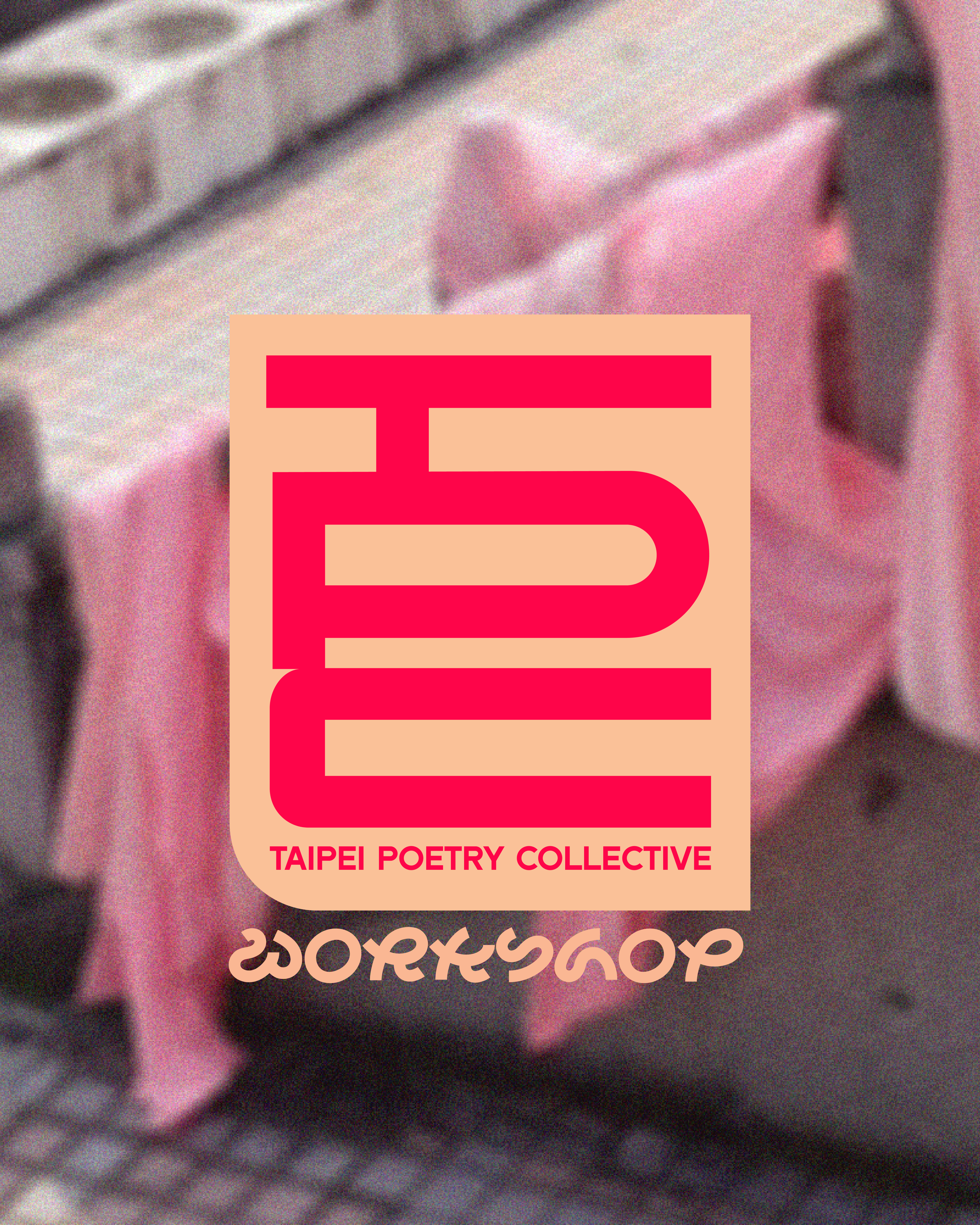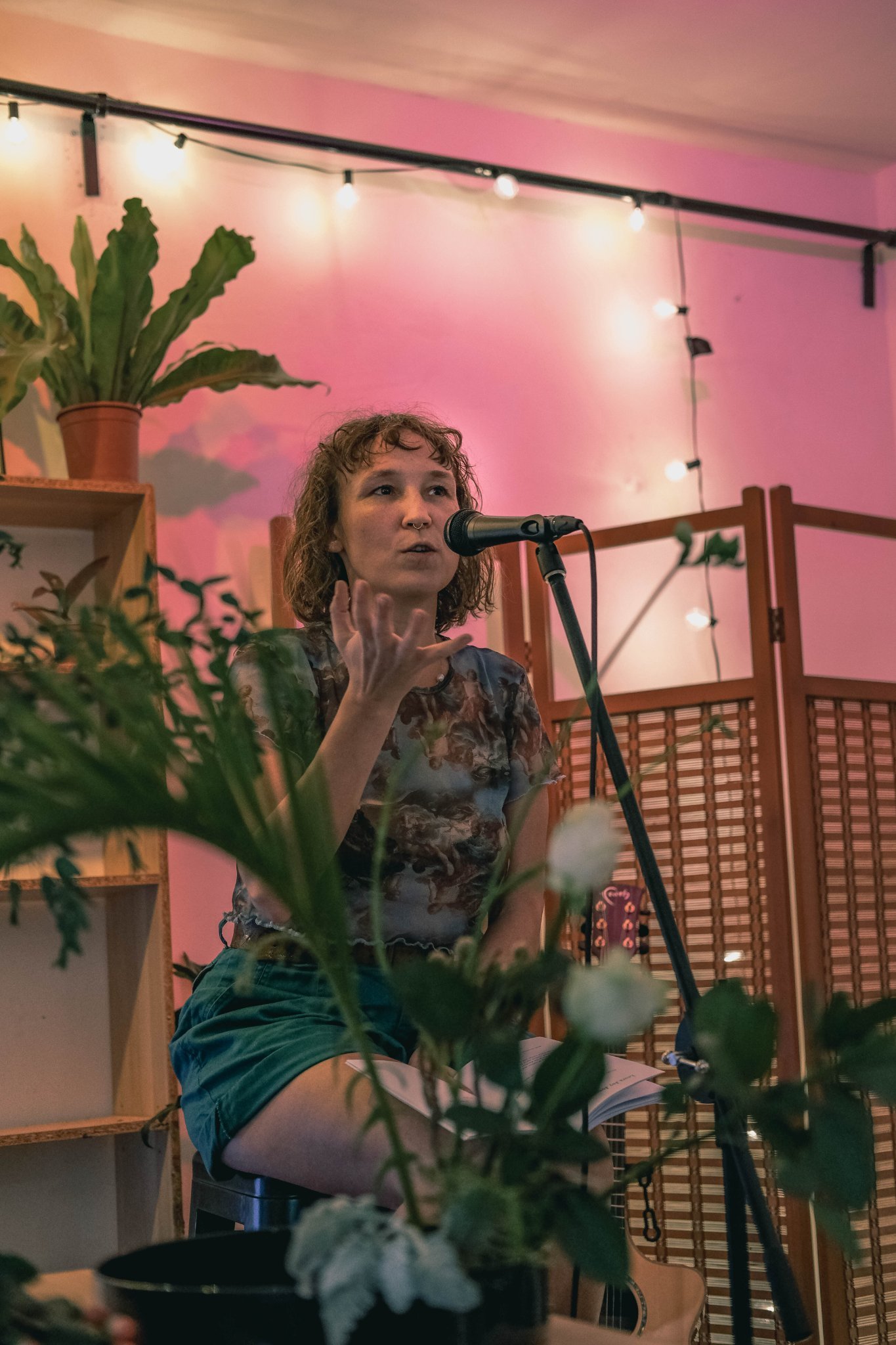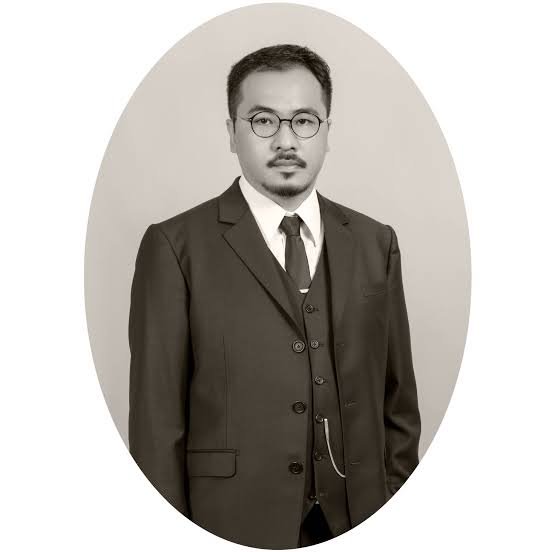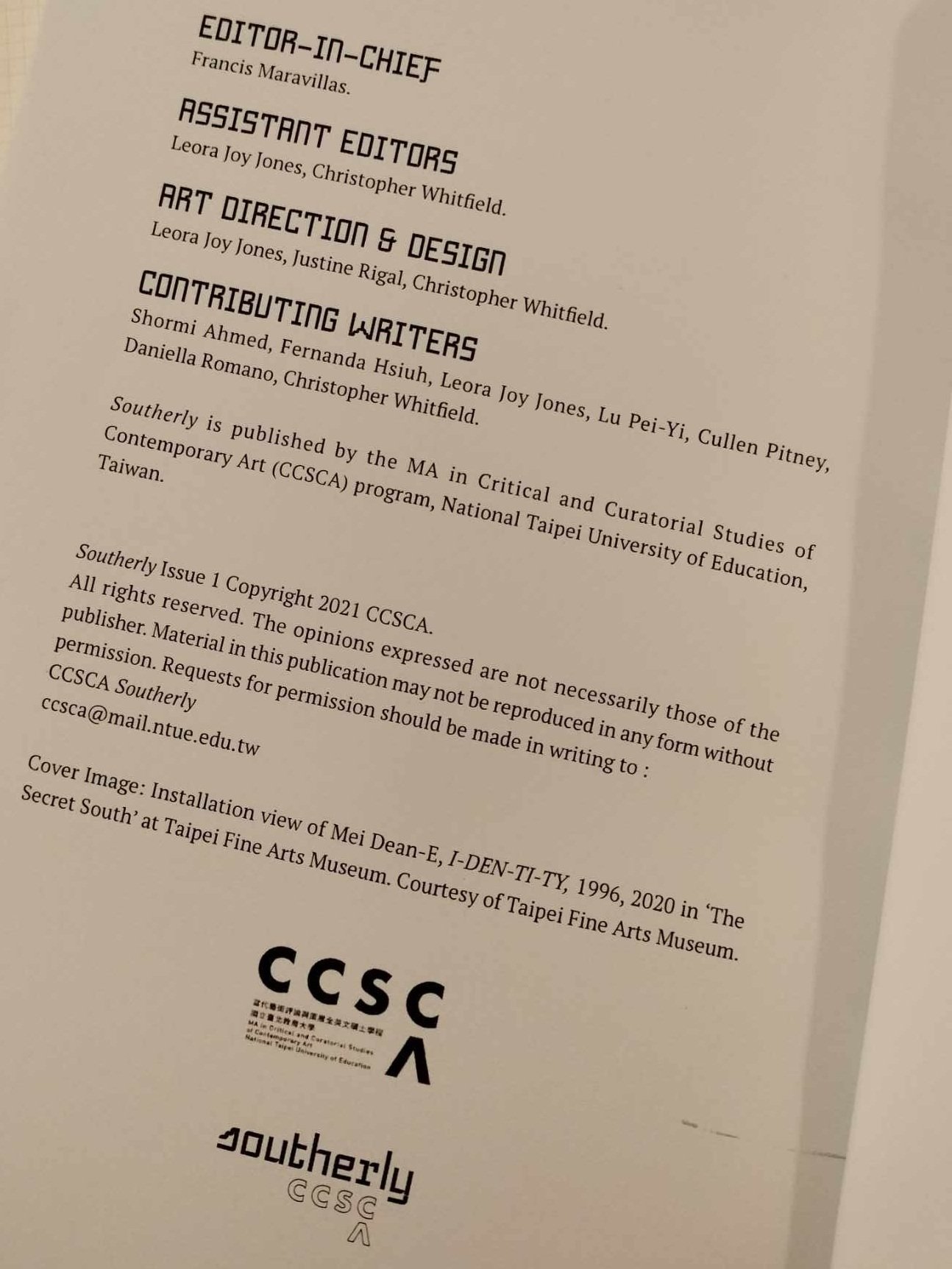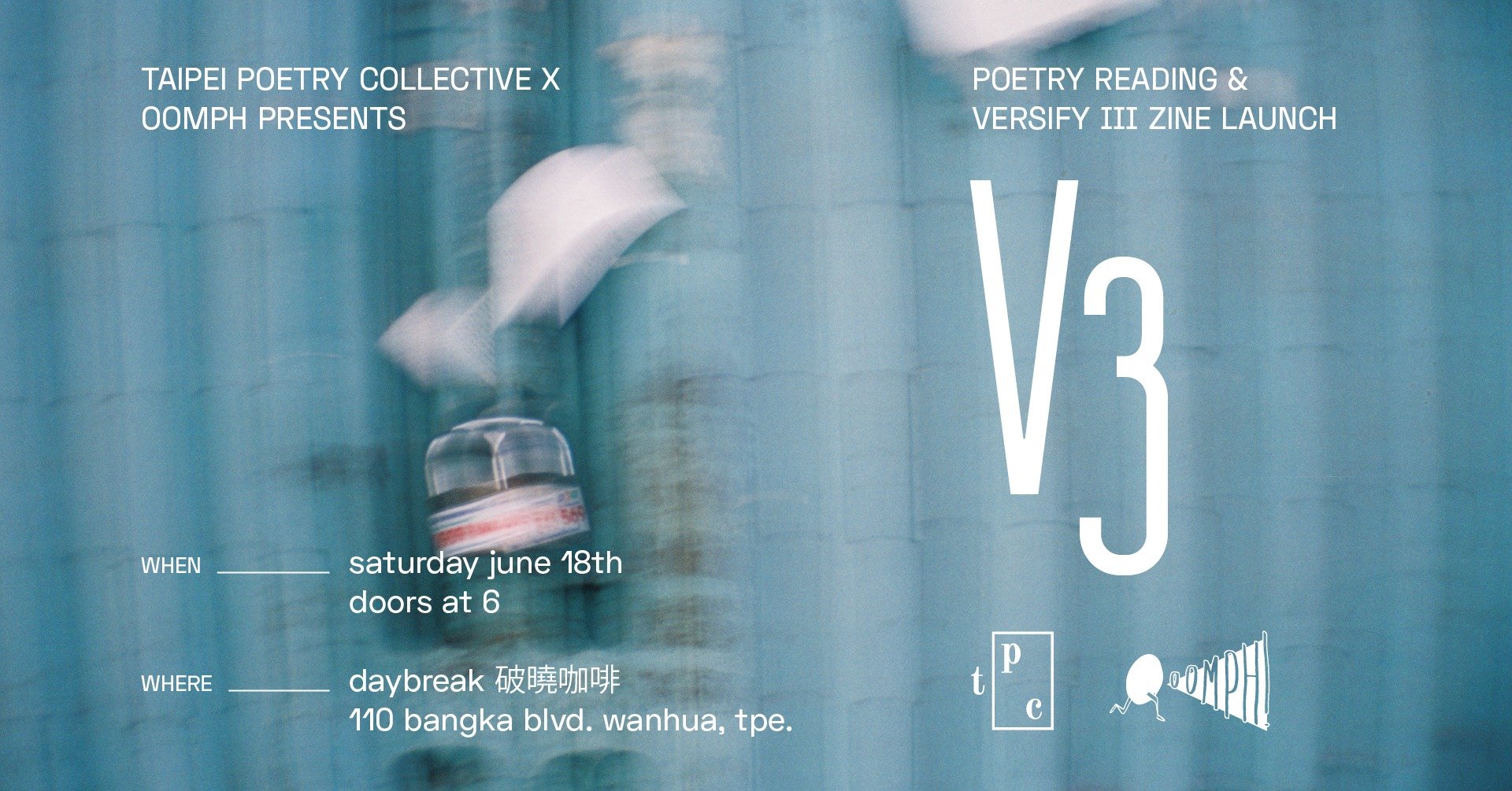Before Toni had said yes to singing opera, one of our newer poets overheard me bemoaning hosting platforms and writing code and the backend stuff of a website when you don't have a budget and are paying out of pocket for everything. Andreas graciously offered to help set up our website and the relief was palpable.
younger_dryas of Nectar offered to DJ and then another one of our poets, Alex, offered to DJ too. Around the time that Toni, our opera singer, had said yes and we had our website taken care of, and our DJ confirmed, I reached out to an experimental pianist I'd seen play a few times before. Mira writes and plays piano compositions that are full-body experiences. Sometimes composed in answer to sitting in a forest, sometimes inspired by a breeze, at turns harsh and pounding, then fluttering and delicate, Mira’s performances leave me with goosebumps every time. Last time I saw her play we were at Acid Lab on a Sunday afternoon and a neighbor began a screaming menty b, and Mira softly, softly continued, eyes closed, fingers light. Witnessing that ability to both continue through such a violent eruption, and have compassion for the neighbor, was... wow.
I reached out to Mario, an artist friend and talented poet, and asked if he would be interested in doing some kind of visual response to the poems. He could paint or draw live, whatever felt good, in response to the visuals, the poets, or the imagery from their words. Mario said yes.
Another friend and visual artist, Joel Suganth, messaged to offer to make a video work to be projected during the evening, and we jumped at that idea. What a wonderful idea, what generosity, what talent.






